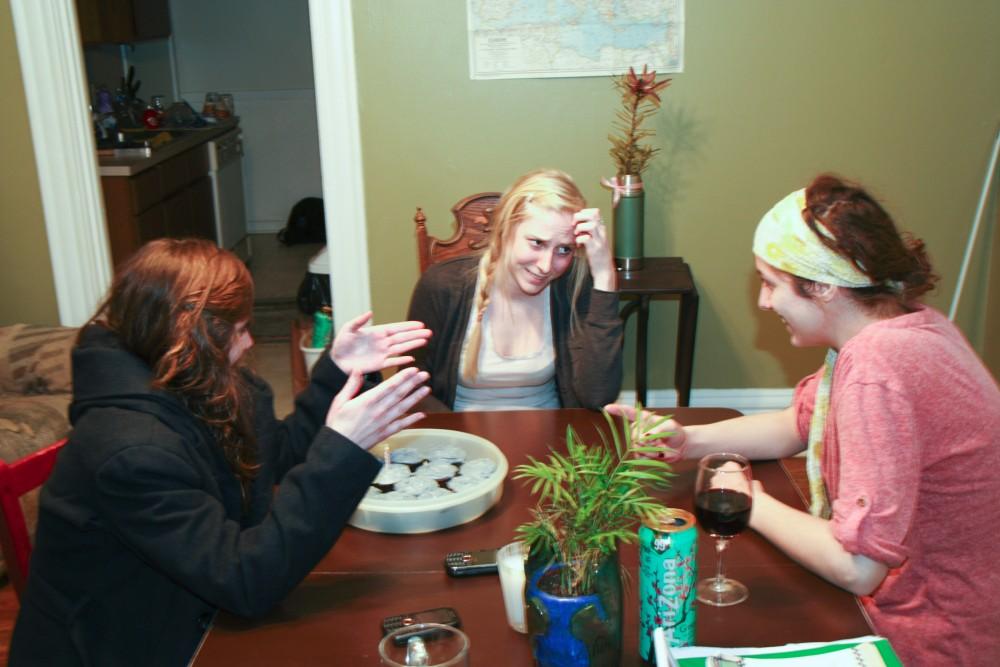Student enthusiasm for communications studies sparks new group

There is a new student organization for students interested in communication
Mar 27, 2011
This semester, 11 communication studies students have taken the initiative to form a new student organization named Life Students of Communication (LSC).
The group meets in at 7:30 p.m. on Thursdays in Room 174 of Lake Superior Hall, but the location will likely change.
The group’s founding officers include president Adam Burl, vice president Tanner Presswood, secretary Friedrike Habel, marketing director Christopher Moore and financing officer Catherine Fancher.
Burl got the idea for the club when he realized there was no environment outside of the classroom in which students could ally with each other. The club now strives to study, promote and practice all forms of communication in an active and responsible manner.
“LSC provides a unique opportunity for students to get together and talk about communication in academic, professional, practical ways,” Burl said. “If students join this semester, they can place this club on their resume and be able to say that they were a part of the founding group that helped establish an amazing environment in which students can network with each other in a face-to-face way.”
In a short period of time, the group has made strides in becoming a viable organization.
“Our short-term goals are gaining new members and establishing responsibilities for general members,” Burl said. “Our long-term goals are to put on programming for the campus that will show light on communicative issues and bring in speakers to get people fired up about communication.”
They have been approved as a student organization by the Office of Student Life.
Professor of communications Robert Swieringa is one of 25 faculty who endorsed the organization.
“I think it’s a good way for students to connect with one another outside the classrooms,” Swieringa said. “The group should be able to get to the point where they run small events that advertise the club’s usefulness and provide a reason for them to get together and critique aspects of communication.”
Corey Anton, communications professor, serves as the group’s adviser. Anton appreciates the group’s willingness to serve and create an environment it wants here on campus.
“Student groups are important on campus,” he said. “We want to encourage people who have vision and know how to implement them.”
Anton’s role will be very limited and will meet with the group as needed, but students who are equally interested in communications theories are encouraged to join.
“I really enjoyed my COM 295 course and wanted to continue learning about communications theories after the class with students who were equally interested,” Habel said. “This semester, we are mainly trying to create what and who we are and are figuring out a good way to work.”

























